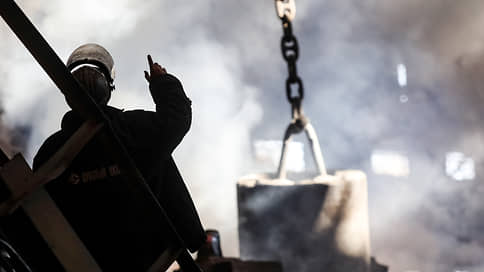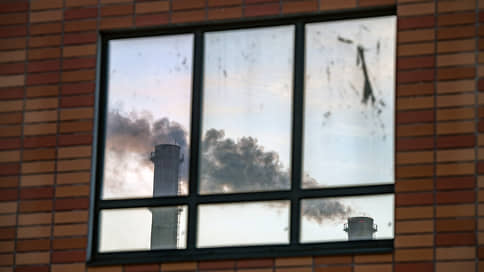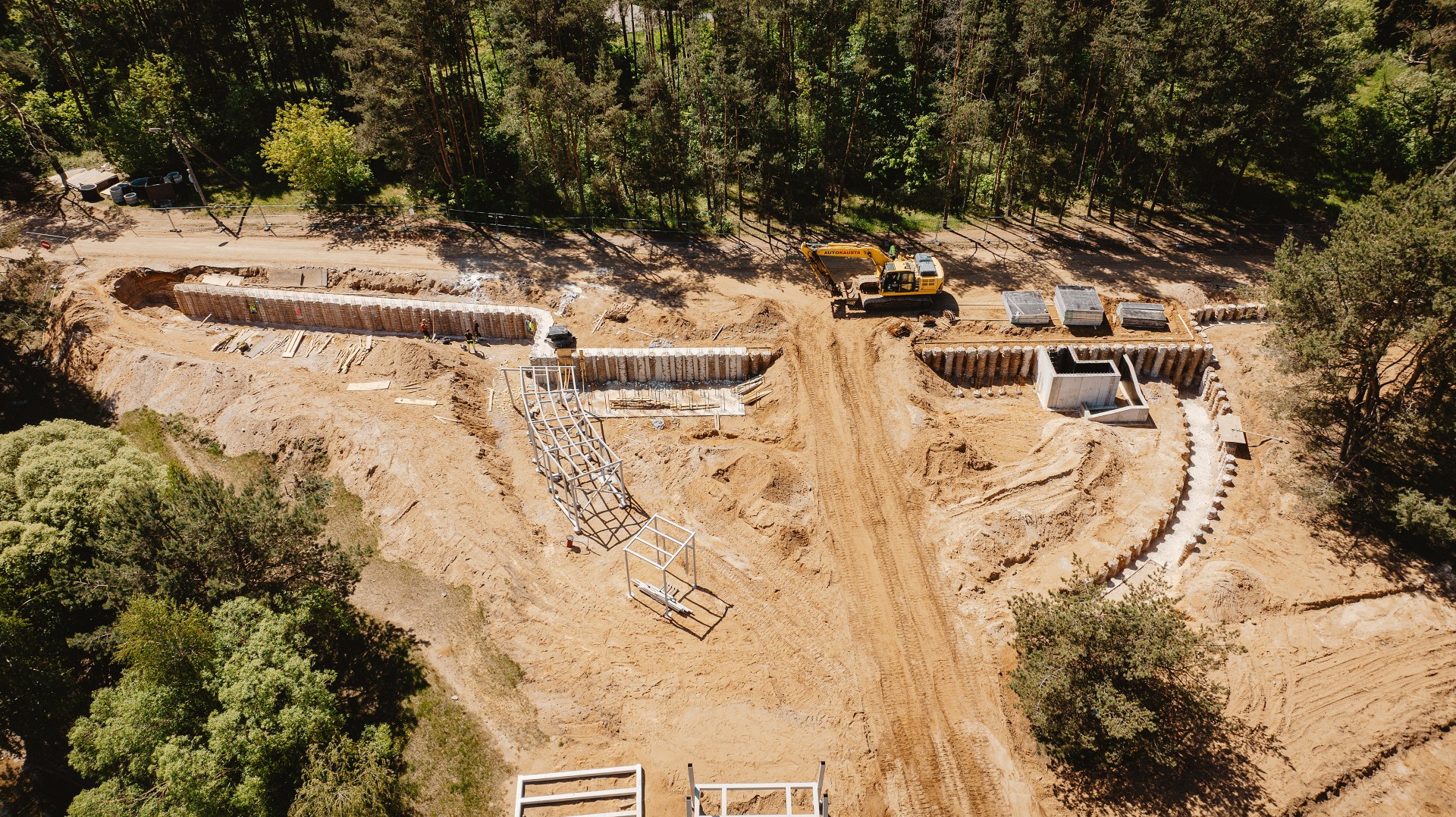The cost of steel semi -finished products has moved to growth

The cost of steel semi -finished products in the Russian Federation is steadily growing for almost a month, which has not been observed in the market since the fall of last year. During the week, prices rose by 1.5%, from the end of April – by 3%. The quotes of cast iron and scrap are also demonstrated by a lesser pace. Experts are not yet ready to talk about the turn of the market trend, but associate growth with producers’ attempts to raise profitability.
A steel workpiece on FOB terms of the Black Sea from the end of April on May 25 has risen in price by 3%, to 35 thousand rubles. per ton, follows from the index of the Rusmet rating agency. Products are expensive for more than three weeks in a row, pushing away from minimums (see “Kommersant” from March 29) from the end of 2022 33.9 thousand rubles. per ton. The last time such a long growing trend was observed in the segment in September – October 2024, it follows from Rusmet data.
According to the data that BCS cites in the weekly review of the metallurgy and production sector, the slabs and the harvest on this basis have risen in price by 1.5% and 1.1% over the past seven days, to $ 416 and $ 440 per ton, respectively. A month by a month rose by 1% and 5%. In addition, by 0.6% per week, to $ 320, the cost of cast iron increased, and by 0.5%, to $ 347 per ton, scrap (with delivery to Turkey).
“The prices for slab have really demonstrated positive dynamics since the end of April, but so far we are talking about a tall of $ 5-10 per ton and to say prematurely that the market has reached the fundamental point of the turn,” said Boris Krasnozhenov, head of the Alfa Bank securities market. Rather, according to him, there is artificial support for prices for steel semi -finished products by non -integrated manufacturers, which are unprofitable.
As Mr. Krasnozhenov notes, as the prices for hot -rolled rental and reduction of export of steel from China, it can be expected that the cost of the slab will receive certain support. But for now, he adds the demand for semi -finished products in the main export markets, including Turkey, Europe and the USA, remains weak. In April, 86 million tons of steel were produced in China, which corresponds to the level of April 2024, and in four months the smelting increased by 0.4% year by the year, to 345.4 million tons, according to the World Steel Association (WSA). In the BCS, it is assumed that according to the results of the whole year, steel production in China will be reduced by 2-5% year by the year, which can positively affect the prices of metal products.
The head of the analytical department of the industry publication “Metal Square and Sales” Viktor Tarnavsky adds that India, one of the few countries increasing the production of steel, is not interested in the purchase of semi -finished products, trying to support the internal manufacturer. And in the domestic market of the Russian Federation there is no potential for the growth of demand for semi -finished products, he indicates. So, according to Evraz Steel, according to the results of the first quarter, the share of active projects of steel infrastructure construction was 79.1%, which has become a minimum since 2023. The production of steel in the Russian Federation against the background of weak demand in April decreased by 6.9% by March and by 5.1% year by the year, to 5.8 million tons of steel. Experts expect that the pace of the decline in the smelting of the steel will increase until June -July (see “Kommersant” of May 22). “Mechel”, which opened operating results on May 27 for the first quarter, announced a decrease in sales of flat rolling by 57% year and by 5% to the fourth quarter of 2024, referring to the “corresponding market conditions”.
Dmitry Orekhov, managing director of the NCR rating agency, says that US duties, Russian price dumping and prices for hot -rolled rolls (HRC) influence the conjuncture of the global market. According to him, the price offer of Russian manufacturers of slab is competitive in the conditions of sanctions in relation to Russian ferrous metallurgy. So, Türkiye continues the analyst, and Russian slabs purchase to reduce its own production costs, taking into account a short logistics shoulder and favorable price conditions. An additional incentive for a certain increase in the cost of Russian slabs, according to him, creates a similar positive dynamics of prices for finished products, namely a hot -rolled roll on FOB conditions of Türkiye.







/s3/static.nrc.nl/images/gn4/stripped/data132852687-3c5e5d.jpg)
